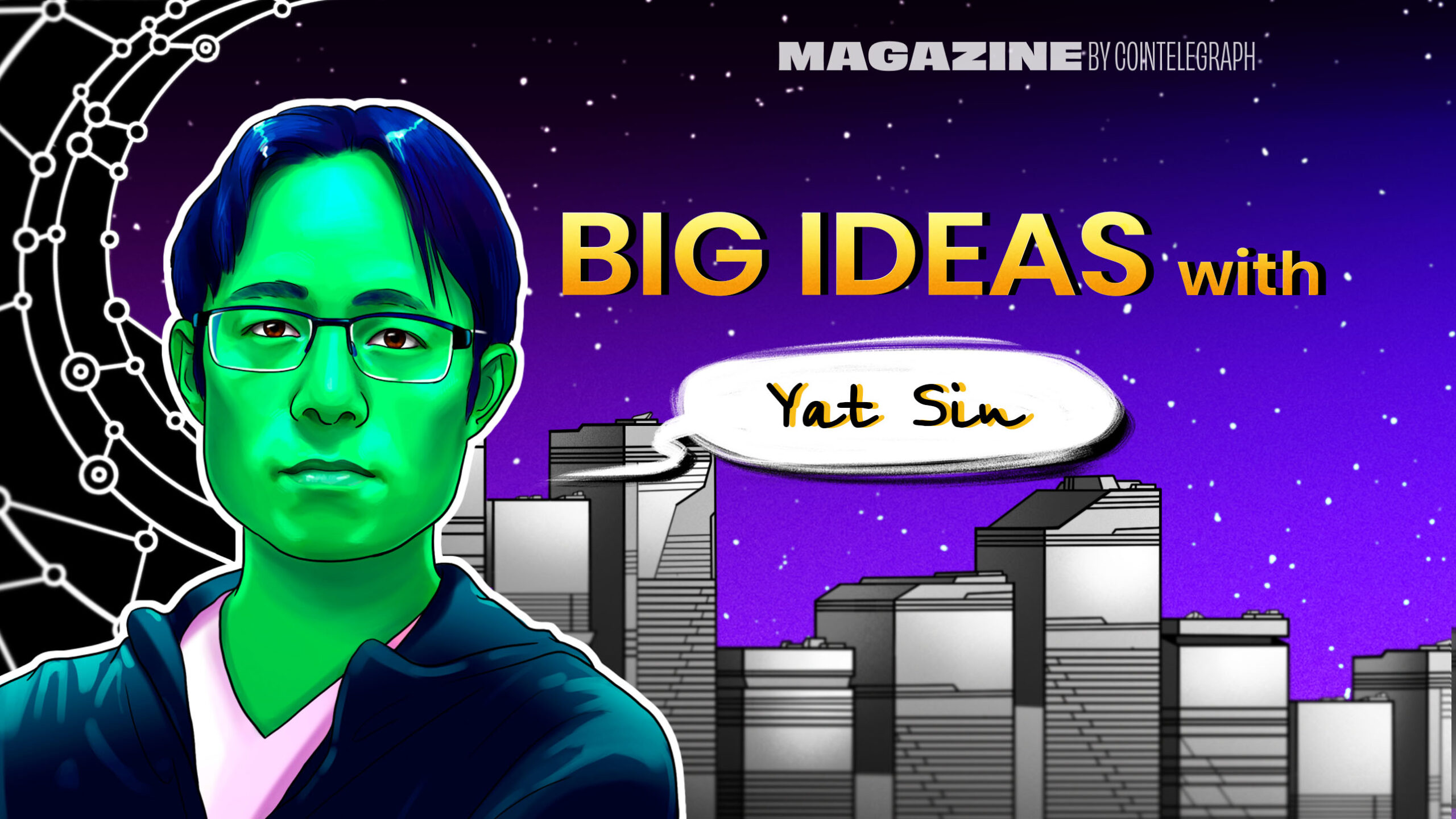Magazine: Animoca was a successful mobile gaming company, with 10 million downloads and various apps in the top 10 on Apple’s App Store.
Magazine: Animoca was a successful mobile gaming company, with 10 million downloads and various apps in the top 10 on Apple’s App Store. Then you were suddenly thrown off the store in 2012. How did that change your views on Big Tech?
Yat Siu, Animoca co-founder: The fact that platforms could become as powerful as they became — the App Store, Google Play, Facebook, you name it — caught many of us by surprise. Open source had become the predominant form in which code was written, and it was kind of a wake-up call when Apple basically just decided to push the button and get rid of us.
We didn’t fully know the exact reasons, but there was no discussion, negotiation or process. Hundreds of people were potentially out of work, and millions of customers lost access to the apps they loved because of the decision of some person or some small group of people who can never be held accountable. And that, to us, was basically a shock. It’s not that we saw blockchain and decentralization as the solution back then — it’s just that we knew there was a problem.
Deplatforming users with no explanation seems very authoritarian, like having rulers but not courts and no solid laws.

Exactly. Blockchain is not only a technological solution but also, in many ways, a political-socioeconomic movement. That’s when people get into it. They don’t get into it because “Oh, look, it’s a decentralized ledger. I can have copies of everything!” No, they get into it because it means freedom. It means a kind of digital sovereignty they yearn for because they lost it during the transition to the digital world.
It took us a year and a half, or maybe even two years, to get back into the App Store. We were leading the space when we got kicked out, and then it was impossible to claw back our market standing because by then, the competition, by the grace of Apple, ended up basically dominating the space.
But you’re not a Bitcoiner?
I had a hobby mining rig and experimented with Dogecoin just because it was fun and silly. But because it was so financial in nature, it didn’t click for me. We weren’t from Wall Street, we didn’t have that lens. But when NFTs came about with CryptoKitties, that’s when we understood, oh, this is culture.
It was 2017, so we were pretty late. We didn’t see the light because of Bitcoin, we saw the light because of NFTs and what that could mean for ownership over virtual assets. By early to mid-2018, we were all-in on blockchain. That’s when we acquired The Sandbox and when we invested in OpenSea, Dapper Labs, WAX, Sky Mavis (Axie Infinity), and others.
So, you just invested in any project involved with NFTs or the Metaverse?
Well, there weren’t that many at the time. And you could say, this is like some crazy bet we took. But it wasn’t a bet to us. It just felt right, that this was the path to go.
I bought my very first “virtual good” in a multi-user dungeon in 1990 or 1989. So, this idea of paying money for virtual goods has been normal to me for decades. But now that you have the ability to own it and have composability on top of that, it all sort of blew our minds.
If in-game ownership is such a natural concept for gamers, why have so many U.S. gamers rejected NFTs outright?
I think the reason why so many in the West, particularly in the U.S., are rejecting NFTs is not because of the fact that NFTs give you ownership. I think the rejection is partly due to shifting sentiments about capitalism. For the first time in my life, I’m witnessing a very strong anti-capitalist sentiment in America.
The consumer in Asia, however, looks at capitalism as a net good. Things like democracy and property rights are fairly new concepts. Only four decades ago, South Korea’s economy was the same size as North Korea’s. Now it’s among the top 12 to 15 countries in the world. Consumers in Asia have seen capitalism work for them.
In the U.S., capitalism, especially in the past few decades, hasn’t worked in the same way. It has exacerbated inequity. In this context, crypto, which NFTs are part of, risks becoming viewed as a rich man’s toy that spreads the same kind of inequity in the virtual world.
The news headlines focus on things like a $300,000 Bored Ape NFT and skew perceptions about the entire NFT industry. An average gamer sees this and doesn’t appreciate that the average NFT is actually a $5 or $10 in-game item. It’s like thinking that the entire car industry consists of only Lamborghinis.
What is your conception of the Metaverse? A lot of people talk about it without clearly defining what it is.
I think that we’re already in a kind of pre-Metaverse. Among the top 20 countries in the world, we spend, on average, nine to 10 hours a day online. That’s more time than we spend at work. But it’s not a Metaverse that we as…
cointelegraph.com
